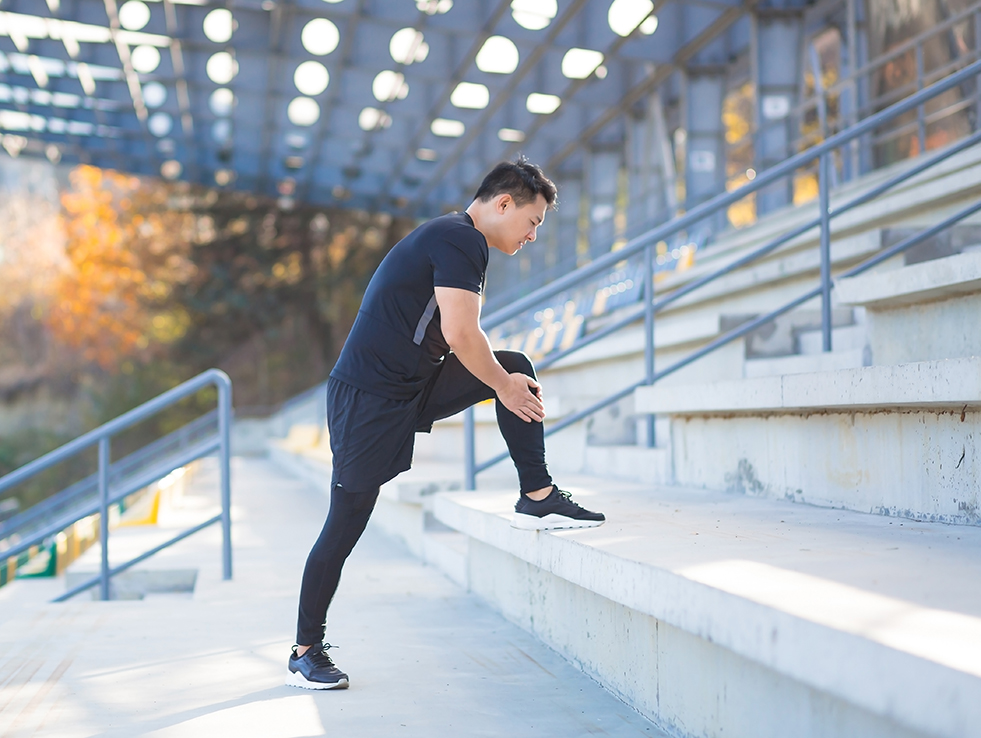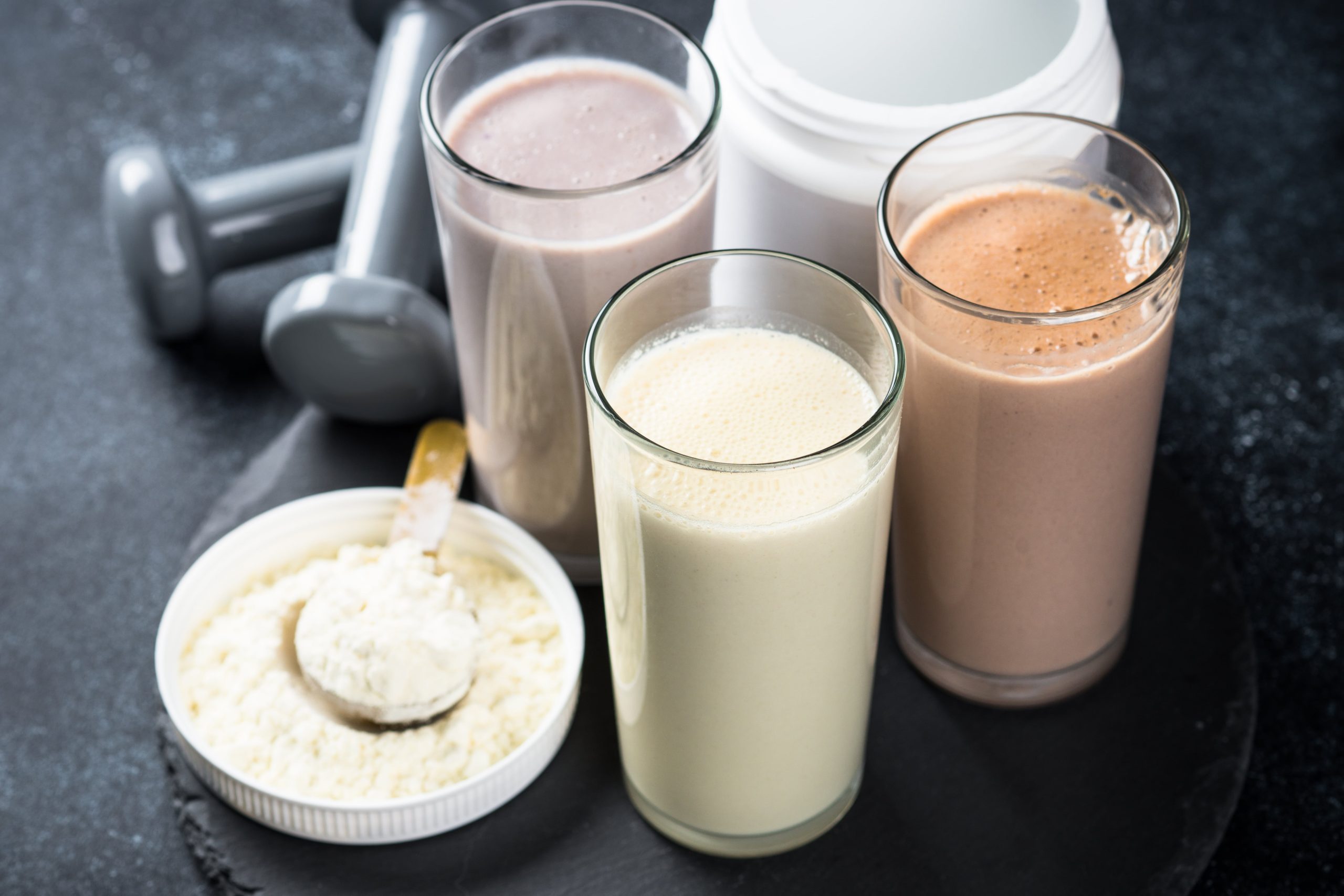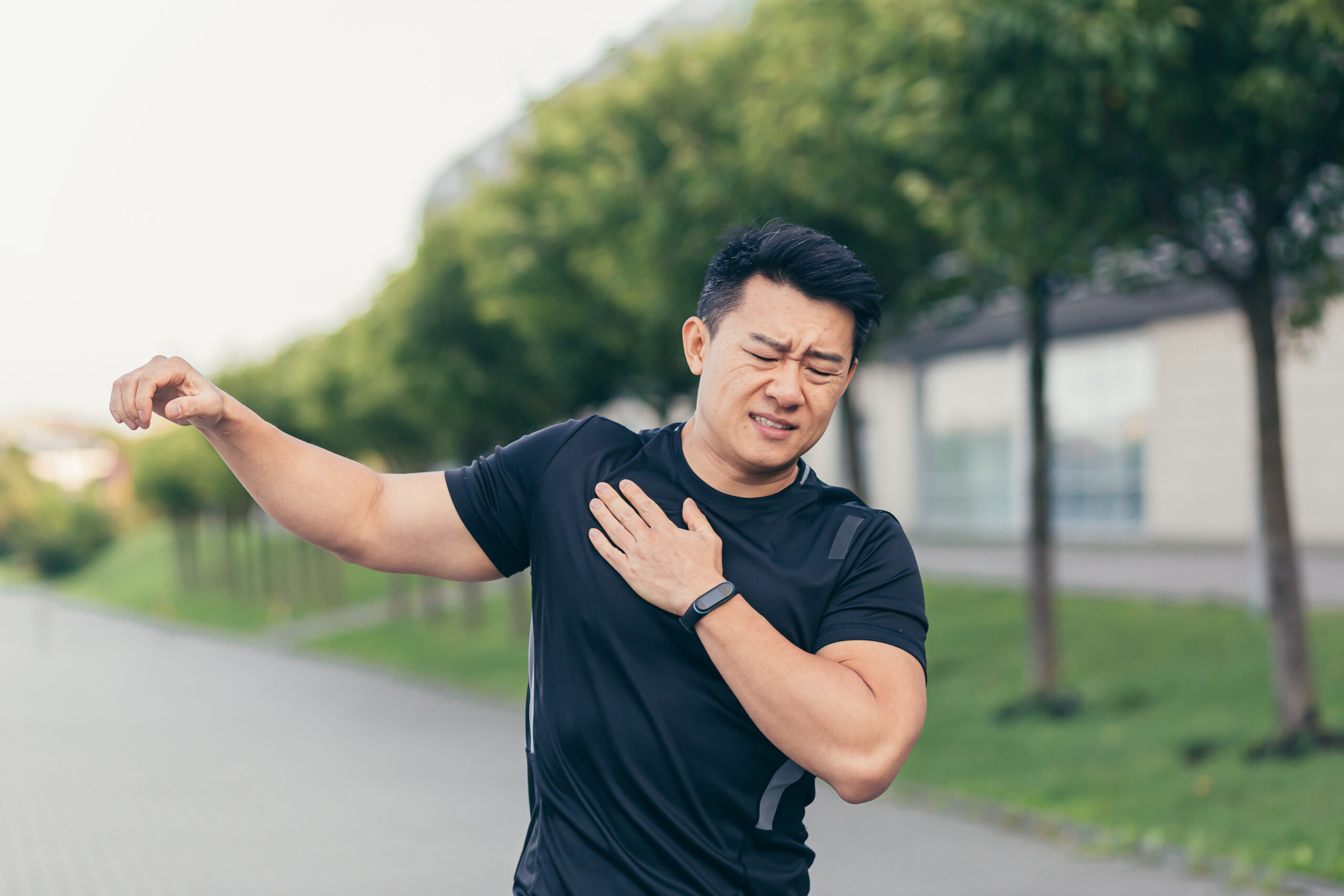Muscle pain
What is muscle pain? This pain is in the muscles and is sometimes called myalgia. There are two types of muscle pain: late and early muscle pain. Early muscle pain usually occurs during or immediately after exercise. This is because your muscles become acidic. You may only experience delayed muscle pain a day or two after exertion. This feeling is caused by small tears in the muscle fibers. Muscle pain often manifests itself in the thighs, calves, upper arms, lower back or abdomen. Muscles ensure that your skeleton can move. They are, as it were, responsible for this. When muscles contract or relax in varying degrees, you are able to make various movements.
Relieve Muscle Pain Naturally with Magnesium
Do you suffer from muscle pain or stiffness? If so, you’re not alone. Muscle discomfort can a
3 January 2024
Relieve Muscle Pain Naturally with Magnesium
Do you suffer from muscle pain or stiffness? If so, you’re not alone. Muscle discomfort can a
Tags
24 March 2023
Relieving Muscle Pain: Tips and Techniques for Alleviating Muscle Aches, Sore Muscles, and Muscular Pain
Muscle pain, also known as muscular pain, muscle aches, or pain in muscles, is a common discomfort
5 December 2022
Best Supplements for Muscle Pain and Stiffness: Alleviate Discomfort Naturally
Are you tired of dealing with muscle pain and stiffness after intense workouts or physical exertion
30 September 2022
Early or late muscle pain
How do you notice whether you suffer from late or early muscle pain? How do you get rid of muscle pain? Early muscle pain causes a burning sensation in the muscles. The cause is that lactic acid builds up in your muscles. Then the nerve endings are stimulated, causing pain. Lactic acid is a waste product and is produced by energy from sugar (glucose). This substance is broken down in the liver.
Sometimes more lactic acid is produced than the liver can break down. This causes accumulation of lactic acid in the muscles. This causes acidification and muscles will feel cramped.
Delayed muscle pain is caused by minimal tears in muscle fibers. Muscles will then ache and will be less resilient. These muscle tears are extremely small and cannot cause any harm. They ensure that someone can become stronger. Sometimes this can occur due to overload.
When these cracks repair, super compensation will occur. Your body will recover better than normal and will prepare for subsequent heavy efforts. This is done by creating extra muscle fibers. It is not a problem to train, exercise or run with muscle pain. However, do not do this every week.
What causes muscle pain?
What is muscle pain and how does it arise? Extreme muscle pain can occur because you do not warm up properly. It can also occur when you go from a warm to a cold environment. Muscle pain can also come from other diseases. You then experience pain because substances are released. This is, for example, the case with fibromyalgia. An inflammation such as pneumonia can also be the cause of annoying muscle pain. This also applies to flu and/or a viral infection.
Magnesium
There are remedies for muscle pain such as magnesium. And did you know that a large part of the Dutch population has a magnesium deficiency? This deficiency can manifest itself in fatigue, stress or irritability. Muscle cramps, twitching eyelids or restlessness in the legs can also be a signal of magnesium deficiency.
Signs of muscle pain
What are the signs of muscle pain? It often feels like a nagging pain in an affected muscle. A muscle may feel stiff. When you press on it, the pain may increase. The exact pain of a muscle depends on which muscles you have overloaded or trained.
One or more back muscles may also experience overload. You will notice this in muscle pain in the lower back. Another annoying pain that can arise is neck pain.
Muscle rheumatism can also occur in humans. You will notice this by stiffness and muscle pain in places around the neck, shoulder and neck. In addition, it may be noticeable in the hips, glutes or upper arms.
Acute muscle pain
Do you experience muscle pain immediately after exercise? Then you often suffer from acute muscle pain. This is, for example, the case if your legs are becoming acidic. Does this bother you? Then it is important not to exercise deeply into acidification. Acidification usually means that you are training too hard. You will normally get rid of acute muscle pain within a few days.
Muscle pain tear or bruise
This pain does not feel good and is caused by a tear or bruise. In such situations, do not be stubborn and temporarily stop exercising. It is extremely important to take rest. If you continue to have pain, it is advisable to contact your doctor or a physiotherapist.
What to do about muscle pain?
Most of us don’t like having muscle pain. How do you get rid of muscle pain is a frequently asked question. There are plenty of remedies for muscle pain. Under the motto prevention is better than cure, we have a number of tips to combat muscle pain. What to do against muscle pain:
Warm-up and cool-down
It is recommended that you do a good warm-up before you start exercising. Your muscles are then well prepared for what is to come. Warming up properly ensures that blood flows faster and your muscles become warmer. This reduces the risk of muscle tears. Make sure you cool down after exercising.
Rest
Regular exercise is good, but don’t forget to take rest. By tapering off, your body will adapt better in relation to the transition from active to rest. Recovery is extremely important. Cracks need to be repaired. If you do not rest, super compensation cannot occur.
Overload
Did you know that muscle pain most often occurs due to overload? This pain usually occurs after exercise. You can investigate carefully where it could come from. Perhaps you have been running for longer or cycling for a longer distance. It can cause overload of the leg muscles. In addition to sports, overload can be caused by other physical exertions. This could be, for example, moving, gardening or doing odd jobs. Muscle pain can also be caused by a fracture or bruise.
Scientifically, muscle pain due to overexertion is divided into muscle pain due to a bruise/tear, acute muscle pain and delayed muscle pain. How long the problems persist depends on the form.
Massage, warm shower or bath
It is recommended recommend taking a warm shower or bath after exercise. It’s delicious too. This warm water prevents muscle pain. It can also be a solution to get a massage. Enjoying a nice massage stimulates blood circulation in muscles. This will reduce the pain more quickly.
Proteins
Did you know that it is good to eat enough proteins. There are animal and vegetable proteins. These nutrients and building materials are mainly found in fish, meat, milk, eggs and cheese. The right protein ensures stronger muscles and keeps you healthy. They provide support so that your muscles can recover properly after exercise. Drinking and eating protein-rich foods can significantly reduce muscle pain. For example, at the gym you can order a protein shake after exercise. These, just like bars, are also available online and through stores.
Body posture
Good posture is important to relieve muscle pain. People who spend a lot of time at the computer will often experience muscle pain in their neck and shoulders. It is important that you sit properly behind your screen. It is also important to keep the back straight and the shoulders relaxed. Adjust your office chair and desk to the height that you find important. Both legs should be firmly on the floor and arms should rest on the desk in a relaxed manner. Don’t spend too many hours at your workplace. It’s good to take a walk every now and then.
Muscle pain in the elderly
As you get older, this brings with it the necessary changes for the body. The quality of joints and muscles can deteriorate. This can cause muscle pain, but also back pain and/or joint pain. Do you experience these complaints? Then it may be advisable to make a number of adjustments to your lifestyle. How do you get rid of muscle pain?
Keep moving
Are you experiencing problems with muscles and/or joints? Muscle pain occurs more often in the elderly. We initially advise you to keep moving. This ensures that you can keep your body flexible. Movements counteract a number of ailments such as brittle bones and stiffness. It improves fitness, blood pressure, digestion and cholesterol. It is responsible to choose light intensive exercise. Listen carefully to your own body. Make sure you have enough rest moments.
Nutrition
Are you older and do you want to relieve muscle pain? Proper nutrition plays an important role. Try to consume as much food as possible that is rich in sufficient calcium. This is indispensable if you want to keep strong and healthy bones. Scientists have discovered that vitamin D is decisive for good bone development. Vitamin D is largely produced when the body is exposed to sunlight. Your intestines can then absorb calcium from food. A vitamin D deficiency can cause muscle pain. So don’t stay indoors all day, but go out regularly. Perhaps the right supplements can also offer you the right solution. Don’t decide this on your own, discuss it with a doctor. Salt and alcohol are not good for humans. Too much salt intake causes calcium to be excreted in the urine. If you consume too many alcoholic beverages, this is not good for bone building.
Do you suffer from muscle cramps?
Do you ever experience muscle cramps? For example, consider nocturnal calf cramps. These sometimes occur when you are in bed. It feels like a sudden, sharp cramp in the calf. Researchers experience this as a contraction of the muscles and attribute this to a magnesium deficiency. This is often accompanied by poor blood circulation and overtiredness. Rest and activity must then be combined in a well-considered manner. Approximately half of all elderly people aged 65 or older suffer from joint pain and extreme muscle pain on a daily basis.



